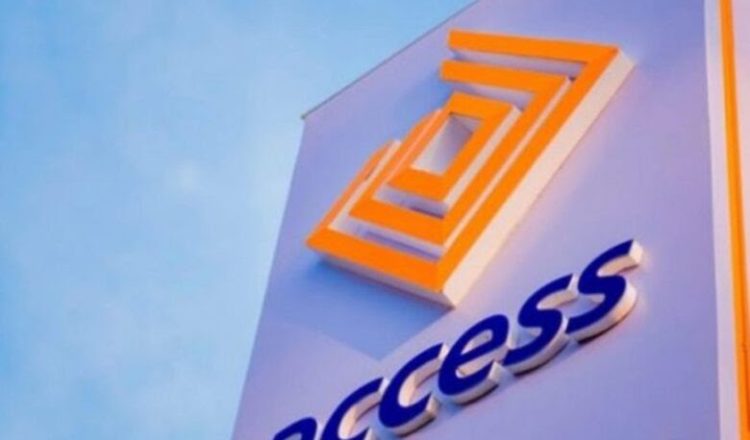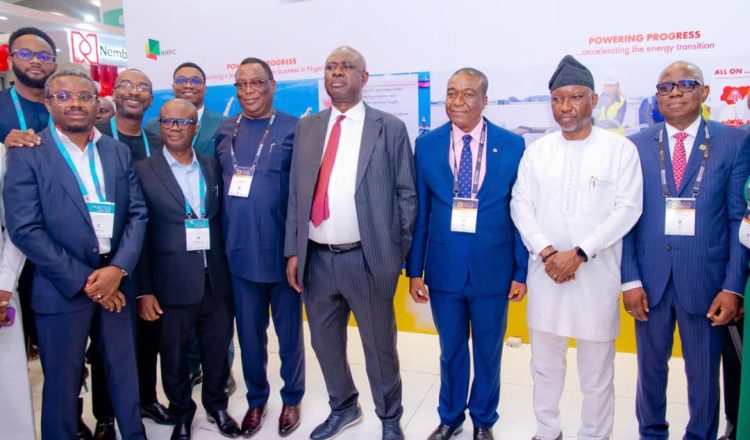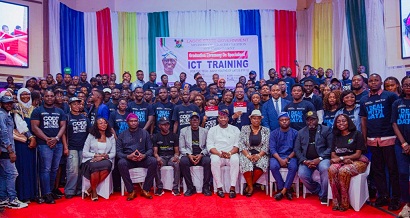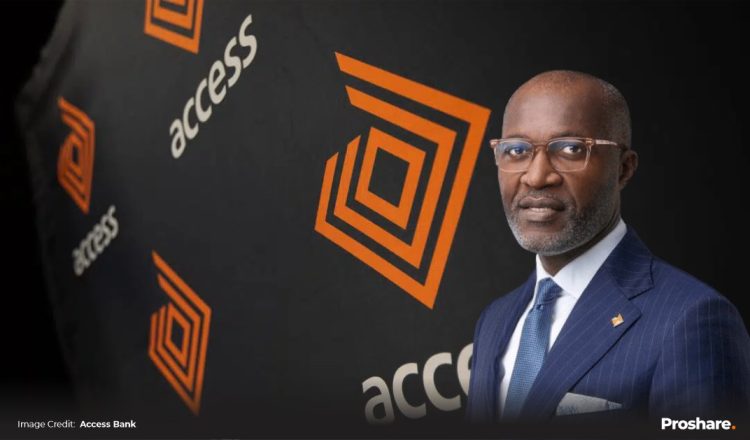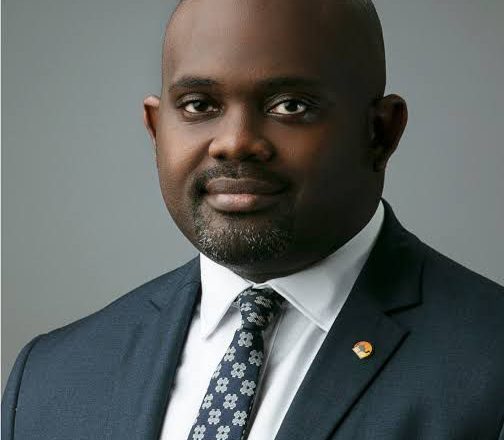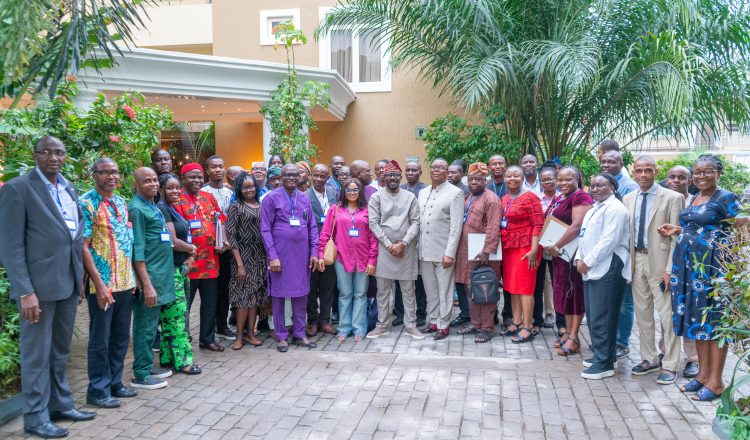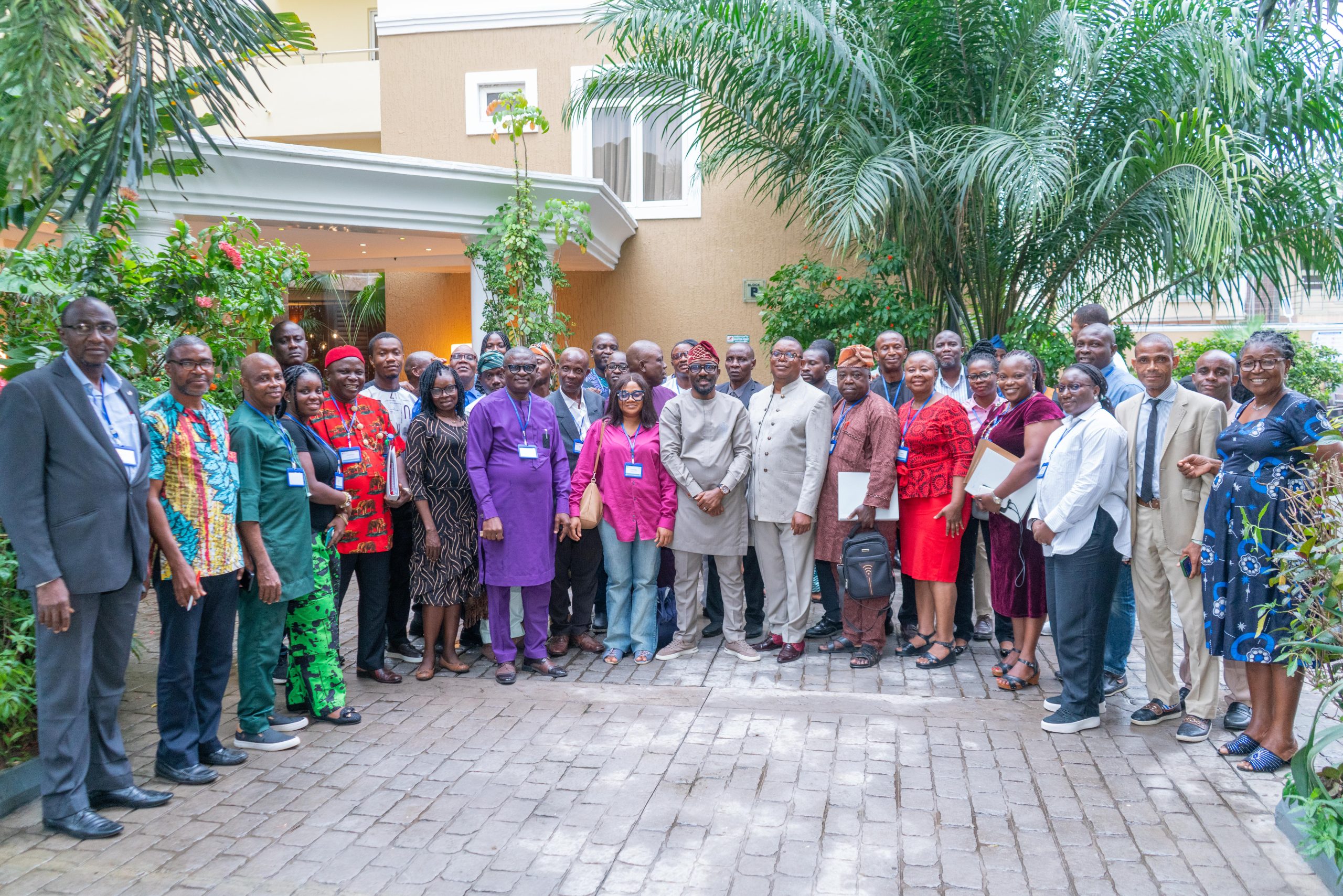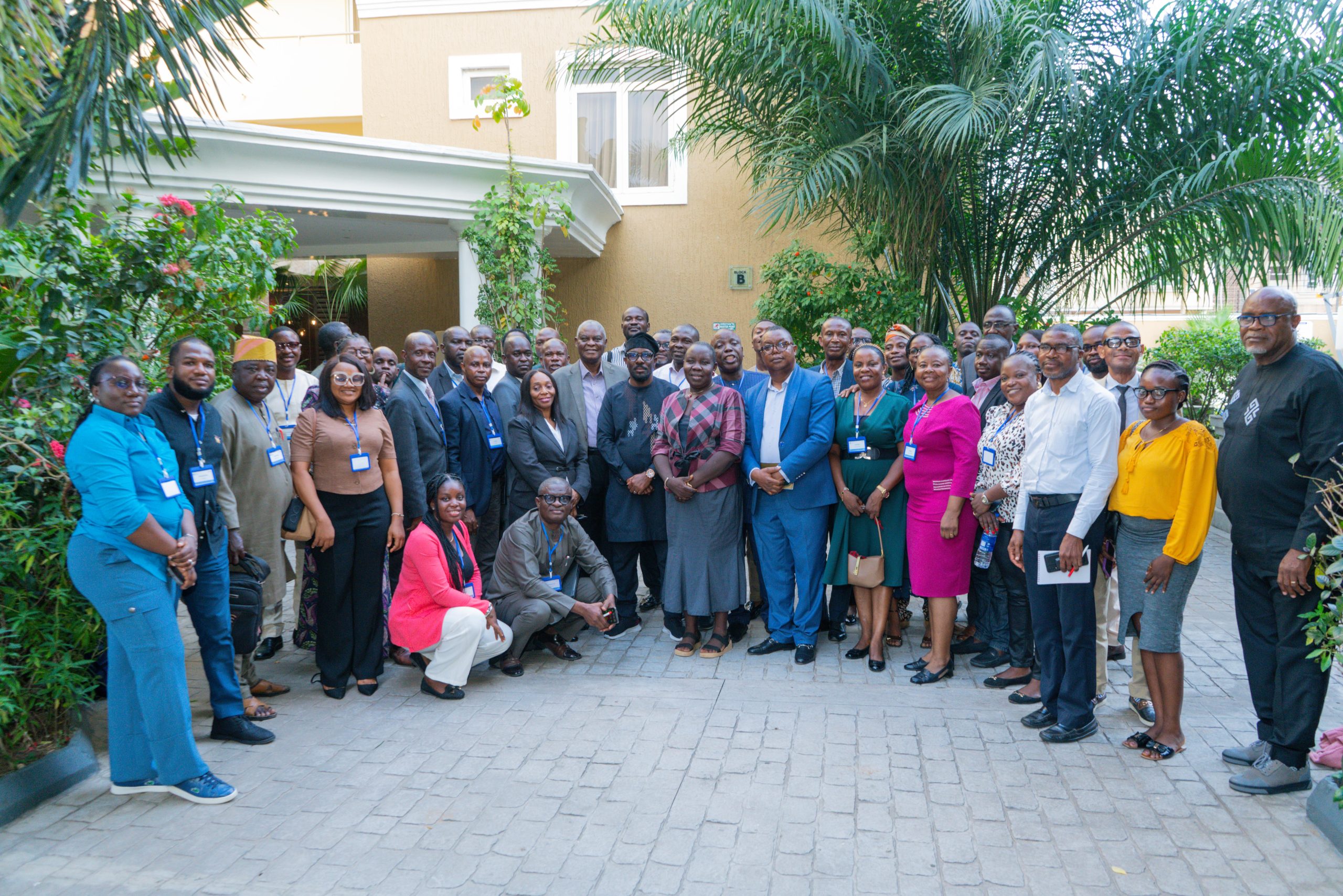Access Bank Highlights Leadership at Climate Governance Initiative Launch
 Access Bank PLC has once again demonstrated its leadership in sustainable finance with a strong showing at the launch of the Climate Governance Initiative Nigeria (CGIN) Chapter, hosted by Lagos Business School.
Access Bank PLC has once again demonstrated its leadership in sustainable finance with a strong showing at the launch of the Climate Governance Initiative Nigeria (CGIN) Chapter, hosted by Lagos Business School.
Dr. Greg Jobome, Executive Director, Risk Management at Access Bank, was specially invited to speak at the event in recognition of the Bank’s pioneering role in integrating sustainability into its business model and its inspiring leadership within Nigeria’s corporate landscape.
In his presentation, Jobome provided a comprehensive overview of how Access Bank has embedded climate risk considerations across its governance structure, operations, and financial decision-making processes. He noted that climate change is a standing agenda item at both Board and Executive Management levels, with dedicated policies and systems in place to monitor and manage its impact.
Access Bank operates in 24 countries and serves over 60 million customers, with more than 18.5 million digital banking users and over 800 branches. The Bank has a capital adequacy ratio of 20.46% for its banking group and maintains a broad international footprint, including branches in Paris and subsidiaries in Angola.
The Bank has implemented a range of climate-focused initiatives including the measurement and reporting of Scope 1, 2, and 3 emissions, adoption of the Partnership for Carbon Accounting Financials (PCAF) model for financed emissions, and application of global reporting frameworks such as Task Force on Climate-related Financial Disclosures (TCFD) and the recently launched International Financial Reporting Standard (IFRS) S1 and S2 standards.
To date, Access Bank has installed over 974 solar-powered ATMs, reduced paper usage by more than 72% through process automation, and achieved a 50% reduction in landfill waste at its headquarters through comprehensive recycling initiatives. Its Sustainable Finance Accelerator programme has supported numerous businesses in the climate space, providing funding, capacity building, and technical assistance. The bank has also reached over 63 million lives through social investments.
Dr. Jobome stated that climate considerations are integrated into credit approvals, capital expenditure planning, and the development of green financial products. These include offerings like Switch to Solar, Solar for Health, and mini-grid solutions targeted at supporting energy transition and low-carbon growth.
Access Bank has also issued Green and Sustainability Bonds and is the first commercial bank in Africa to be certified by the Sustainability Standards and Certification Initiative. Over the years, the Bank has received several recognitions including the World Finance Award for Most Sustainable Bank in Nigeria (twelve consecutive times), Euromoney’s Best Bank for ESG (Ghana), and the IFC’s Best Trade Partner in West Africa.
“Access Bank’s climate risk journey reflects a long-standing commitment to building a sustainable institution,” Jobome said. “We recognised early that climate risk is financial risk. We did not wait for regulation; instead, we acted proactively. That decision has made our institution more resilient and positioned us to unlock new growth opportunities.”
Dr. Jobome was invited to speak because Access Bank’s journey in building a sustainable organisation and leading the Nigerian corporate landscape has been truly inspiring. The Bank’s proactive stance, deep expertise, and results-driven implementation have made it a model for other financial institutions in Nigeria and across Africa.
The Climate Governance Initiative Nigeria Chapter was formally launched by Lagos Business School as part of the World Economic Forum’s global network to promote climate-conscious decision-making in corporate boardrooms. The event brought together board members, C-suite executives, regulators, and sustainability experts to strengthen climate governance and drive corporate responsibility in addressing climate change.



